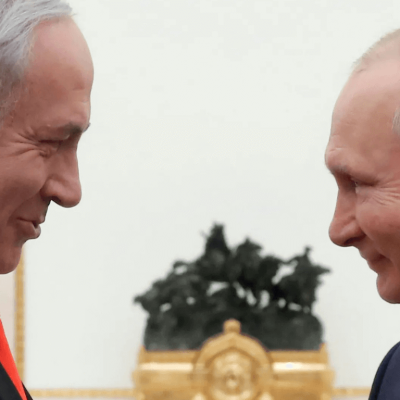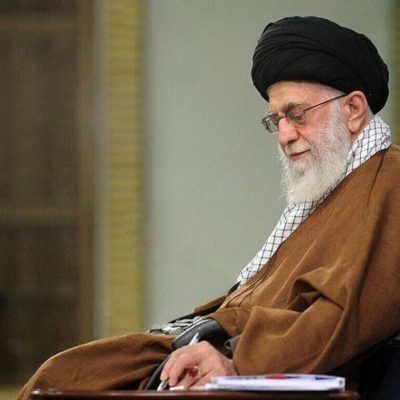Lebanon, Israel attempt to resolve maritime border dispute

The two nations, though technically at war, sat down to negotiate a long-pending maritime border dispute.
Insisting that this is not about normalising ties but is a purely technical issue, Lebanon and Israel meet for talks to arrive at a resolution over the maritime border on the Mediterranean. Held at the headquarters of UN peacekeeping force in the Lebanese border town of Naqoura, the talks were mediated by the United States. It lasted for just an hour with both sides agreeing to meet again on October 28.
The US has been trying to persuade both sides for the past three years to resolve the matter. This is the first time since the 1990s that the Israelis and the Lebanese are talking about a civilian matter, and a crucial commercial one at that, considering the waters concerned are potentially rich in gas deposits. Israel has already started to drill and explore the region but Lebanon, which is going through its worst economic crisis since the civil war, has not.
The two countries are technically at war and there is regular exchange of gun fire across the border. Considering the situation, this is a very generous start with Israel’s six-member team meeting with Lebanon’s four-member delegation made up of two military officers, a Lebanese oil official and a maritime border law expert. The team was helicoptered in to meet with the Israelis who were led by the director-general of its energy ministry and accompanied by the prime minister’s foreign policy advisor and the top man at the army’s strategic division.
This was the first step in a long march toward demarcation, according to a statement from the Lebanese side, which added that considering the higher interests of the country they were looking to achieve a pace of negotiations that would allow them to conclude these talks within a reasonable time. Hezbollah and its allies criticised the makeup of the delegation saying it didn’t have any political or civilian representation. Pro-Hezbollah groups have even argued that the talks were a moment of weakness for Lebanon and the true beneficiary of this would be the Israelis.




